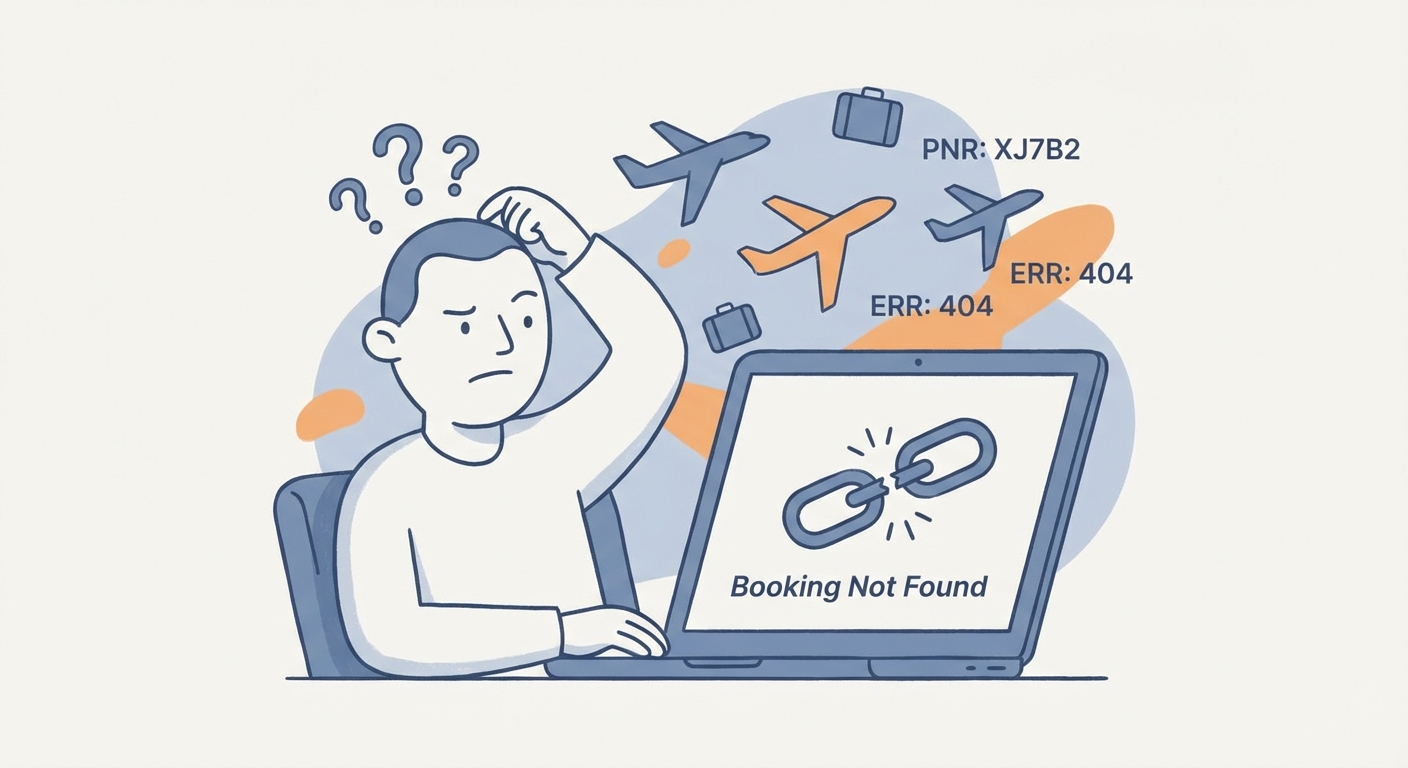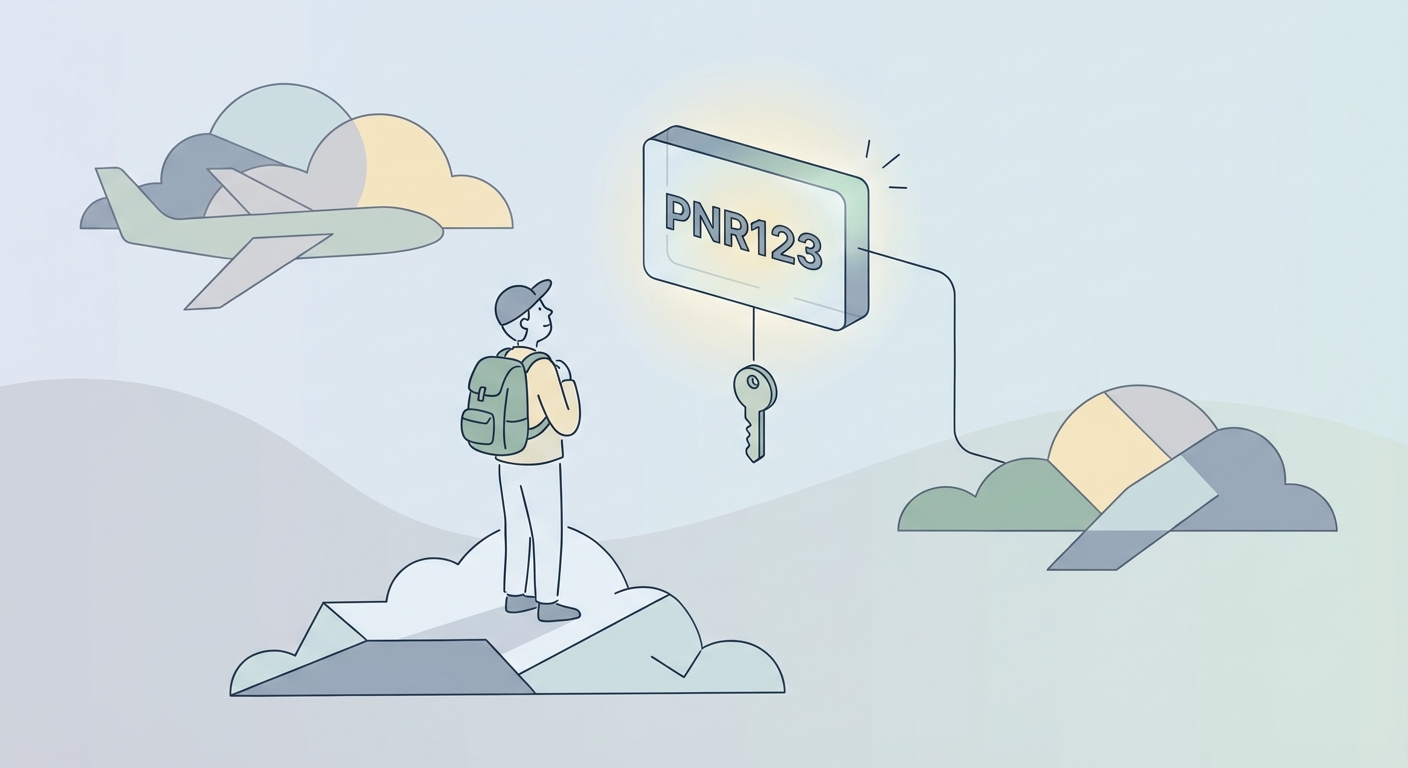Unlock Seamless Travel Adventures with Booking APIs and Integrations
TL;DR
- This article explores how Travel Booking APIs and Integrations are revolutionizing the travel industry. It covers the types of APIs available for flights, hotels, and more, highlighting their benefits for both travelers and businesses. Also provides insights on choosing the right APIs to create seamless and personalized travel experiences.
The API Revolution in Travel Booking
Hold on, did you ever wonder how booking a trip went from, like, hours on the phone to just a few clicks? Well, it's all thanks to apis – and it's kinda a big deal.
- Real-time Access: Travel apis let platforms grab real-time data like flights, hotels, and prices, straight from the source. (Best 13 Travel APIs for Developers and Travel Businesses in 2025) It's all about getting you the most up-to-date info, fast. Flight API is one example of an api that helps travel companies get flight information, such as prices, status, and schedules from multiple airlines, and display this flight data on their own website.
- Customization: apis let systems offer personalized recs. Think about it: ever notice how some sites just know what kinda hotels you like? APIs can analyze user behavior and past bookings to suggest options that truly fit their preferences, like recommending boutique hotels in a specific neighborhood if a user has a history of booking them.
- Streamlined Processes: Manual processes are slow and prone to errors. apis automate stuff, cutting down on mistakes and saving time.
Imagine booking a flight on your phone. The app uses apis to check availability, compare prices, and confirm your reservation – all in seconds. That's the power of apis at work.
So, yeah, apis are kinda a big deal in travel. Up next, lets dive into what a travel api actually is.
Essential Types of Travel Booking APIs
Did you know that choosing the right api can make or break your travel platform? It's true! Selecting the right apis is crucial, and hotel apis are no exception. So, let's dive into how these apis work and why they're essential for a seamless booking experience.
Hotel apis are basically the behind-the-scenes tech that lets different systems talk to each other. (What is an API, and How Do They Work in the Hotel Industry?) Think of it like this: when you search for a hotel on a travel site, the site uses an api to grab real-time info like prices, availability, and amenities, directly from the hotels or online travel agencies (otas).
- Hotel Price Comparison APIs: These let you compare hotel prices from different sources in real-time. This ensures you're always getting the best deal.
- Hotel Search APIs: These apis help you find hotels based on your criteria, like location, price range, and amenities.
- Hotel Booking APIs: These apis allow you to make reservations directly through the platform, without having to go to the hotel's website.
Several companies offer hotel apis, each with its own strengths and features. Some popular providers include Hotelapi.co, Hotels.com, Booking.com, and Hotelbeds API. These providers let you do things like search for hotels, compare prices, make reservations, and access property information.
Imagine you're building a travel booking app. You'd use a hotel search api to let users find hotels in their desired location. Then, you'd use a hotel price comparison api to show them the best deals. Finally, you'd use a hotel booking api to let them make a reservation directly through your app.
Now, let’s move on to another important type of travel api: car rental apis.
Key Players in the Travel API Landscape
So, you're thinking about diving into the world of travel apis? Cool, but like choosing the right surfboard, picking the right provider is key to catching the best waves.
Ever wondered how booking.com manages to connect travelers with, like, millions of properties? It's all thanks to their Connectivity apis, which lets partners manage listings directly.
What they do: These apis let connectivity partners send and grab data for properties listed on Booking.com. It's all about managing availability, reservations, prices and other stuff, straight from their own systems.
Pros: If you're a connectivity partner, it can help you build a "one-stop shop" for connected properties, letting property owners manage their info on multiple websites.
Cons: Becoming a Booking.com Connectivity Partner means meeting some specific onboarding requirements, and keeping up with the changes they're always making to their apis. According to Booking.com, as a Connectivity Partner, you should strive to support all available api functions and work with your pms partners to implement existing and new Booking.com functionalities in an end-user friendly way.
Think about a property management system (pms) using Booking.com's api to automatically update room availability and prices across multiple online travel agencies. This ensures that customers always see the most up-to-date information, no matter where they're searching.
Expedia also offers a robust set of APIs for partners, enabling them to access inventory and booking capabilities for flights, hotels, and car rentals. Skyscanner, while primarily a meta-search engine, provides APIs that allow developers to integrate flight search data into their own applications, giving users access to a wide range of flight options.
Now, let's keep cruisin' and check out some other big players in the travel api game and what they bring to the table.
Benefits of Integrating Travel APIs
Integrating travel apis? It's not just about being fancy – it's about seriously boosting your business. Think of it as giving your system a super-smart upgrade.
Automation is Key: apis automate those tedious manual tasks, and it cuts down on errors big time! For example, instead of manually updating hotel prices across different platforms, an api does it automatically.
Reduced Costs: Less manual work means less man-hours. Plus, apis make data transfer super-efficient, saving money on resources.
Personalization: apis let you offer tailored recommendations based on customer preferences. Like suggesting hotels with mountain views for adventure seekers.
More Choices: By integrating with multiple flight, hotel, and activity APIs, a travel platform can aggregate a vast array of options. This allows customers to easily compare prices, amenities, and availability from numerous providers, all in one place, giving them a significantly wider selection than they could find through manual searches.
Integrating travel apis isn't just a tech upgrade; it's a game changer for your business. Now, let's look at how this boosts revenue!
Choosing the Right Travel API for Your Needs
So, you're ready to pick the perfect travel api? It's kinda like finding the right trail mix—gotta have the right ingredients!
First off, ya gotta figure out exactly what kinda data you need. Are we talkin' flights, hotels, rental cars, or maybe even tours and activities? Think about where your users are gonna be traveling, too. Do you need worldwide coverage, or just Europe, or even just a specific region?
- Data, Data Everywhere: What kinda info are you after? Basic stuff like pricing and availability? Or do you need all the bells and whistles—reviews, amenities, detailed descriptions, and maybe even some cool travel tips?
- Location, Location, Location: Do you need global coverage, or are you focusing on a specific region? Knowing this helps narrow down your api choices.
Now, let's get into the nitty-gritty of api features. Is it real-time data, or is it cached? Real-time's always better but can cost more. Also, how easy is it to use the api?
- Real-Time vs. Cached: Real-time data means up-to-the-minute info, while cached data might be a bit stale. Caching strategies, like time-based expiration or invalidation, can help manage data freshness. It's a trade-off between having the absolute latest information and optimizing performance and cost.
- Ease of Use: Good documentation and easy integration are a must. You don't wanna spend weeks just trying to get the api to work!
Let's face it—budget matters. Different apis got different pricing models, like pay-per-call or subscription. See if they have a free trial or a sandbox where you can play around before committing.
- Pricing Models: Understand the pricing structure. Is it pay-per-call, subscription, or something else entirely?
- Support System: Good tech support is crucial. Check if they offer reliable support and a good knowledge base.
Choosing the right travel api is like picking the perfect travel buddy—it can make all the difference.
Best Practices for Travel API Integration
Integrating travel apis can feel like navigating a jungle, right? But, with the right moves, you can avoid common pitfalls and create a smooth experience.
- Lock Down Those Keys: Securing your api keys is super important. Don't just leave 'em lying around in your code, ya know? Use environment variables or secure config files to keep them safe, cause nobody wants unauthorized access!
- Respect the Limits: apis often have rate limits – that's how many times you can ping 'em in a certain time. Handle those limits gracefully to avoid service disruptions. Implement retry mechanisms too, so if something goes wrong, you can try again without crashing the whole system. A common retry mechanism is exponential backoff, where the system waits for progressively longer periods between retries, preventing overwhelming the API.
- Cache is King: Don't go hitting the api for the same data over and over. Implement caching to store frequently accessed data. This reduces api calls and speeds things up for the user. But, make sure you balance real-time data with cached data so users don't get stale info.
Ready to dive into securing those api keys and keeping things safe?
The Future of Travel Booking with APIs
Ready to wrap things up? APIs are definitely changing travel, and it ain't slowing down!
- ai and machine learning means super-personalized travel plans. APIs will be crucial for feeding vast amounts of user data and travel information to AI algorithms, enabling them to learn preferences and generate highly tailored recommendations. No more generic recs, just stuff you'll love.
- Blockchain tech is making transactions safer and clearer. APIs will facilitate secure and transparent data exchange between different parties in the travel ecosystem, enabling features like immutable booking records and streamlined payments. Think secure bookings without the headaches.
- Imagine using augmented reality to check out your hotel room before you even get there. APIs will power the delivery of rich media content, like 3D room scans and virtual tours, to AR applications, allowing users to virtually experience destinations and accommodations. apis are making this possible.
So, yeah, the future's lookin' bright for travel apis, and there's so much more to come!








